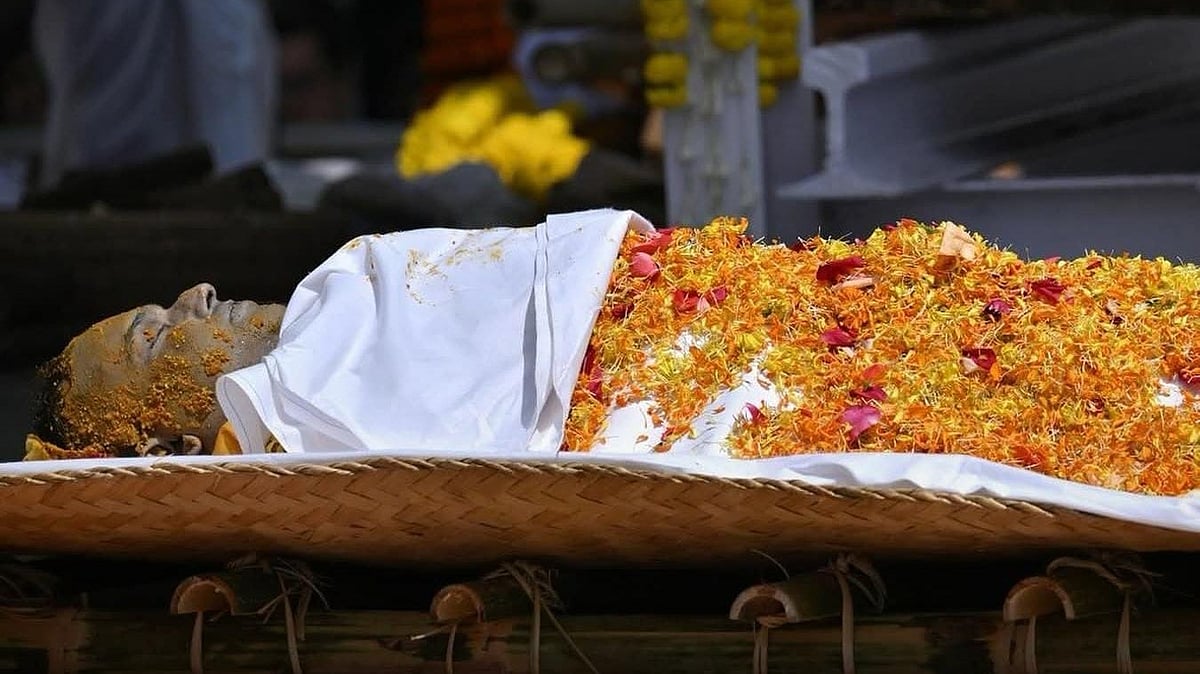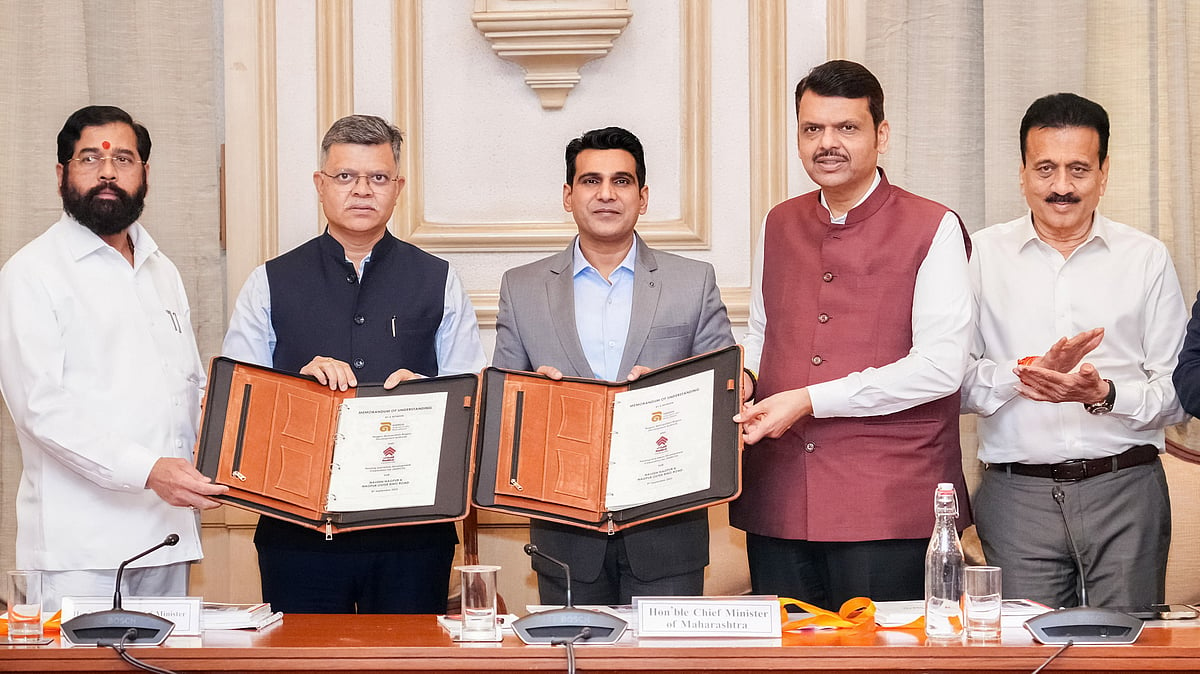Human life is a continuous journey marked by various stages, each carrying its own aspirations, challenges, and responsibilities. The stage of elderhood, often considered the evening of life, holds a unique significance. By this time, individuals have generally fulfilled their familial, professional, and societal obligations. Having contributed extensively to the welfare of others, elders deserve to focus on their own well-being. One of the most profound approaches to “aging gracefully” is to engage only in those activities that bring happiness, peace, and satisfaction. In the Indian cultural context, where respect for elders is deeply rooted, the principle of prioritizing happiness-oriented activities assumes even greater importance.

Need for Happiness in Elderhood:
Elderhood is often accompanied by retirement, declining physical health, reduced social roles, and, at times, loneliness. These conditions can potentially lead to a sense of loss of identity, purpose, and belonging. At such a stage, happiness becomes not just a luxury but a necessity. Engaging in activities that provide joy helps elders counterbalance stressors, enhances their sense of meaning, and strengthens resilience against emotional and physical decline.
Research in gerontology suggests that happiness in old age is directly correlated with improved cognitive functioning, stronger immunity, and longevity. Thus, the elder’s choice to prioritize happiness is not an act of selfishness but one of self-preservation and self-fulfilment.
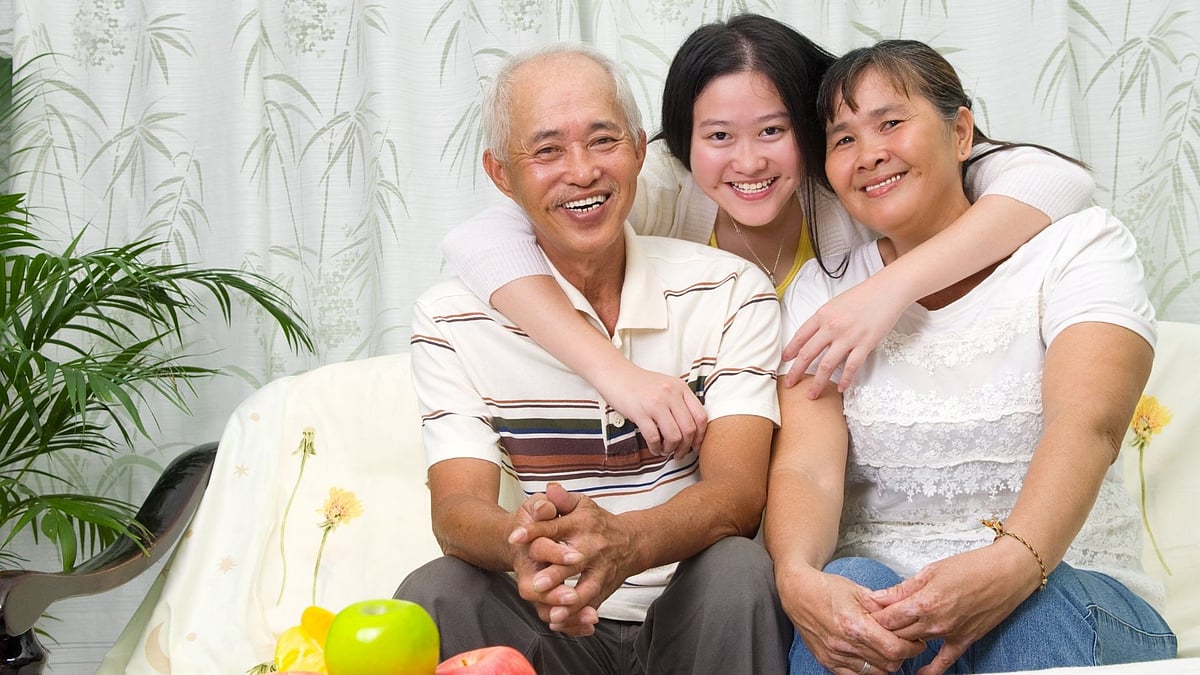
Psychological Dimension
From a psychological perspective, happiness-oriented activities for elders reduce the risks of depression and anxiety. Theories of successful aging, such as Erik Erikson’s stage of ego integrity vs. despair, emphasize that elders who look back on their lives with satisfaction achieve peace, while those consumed by regret fall into despair. Happiness-inducing activities help in cultivating this sense of integrity.
For example, an elder who enjoys gardening not only derives pleasure from nurturing plants but also experiences a sense of continuity and creation, reinforcing their sense of purpose. Similarly, engaging in music, reading, or spiritual practices can foster inner peace and emotional balance.
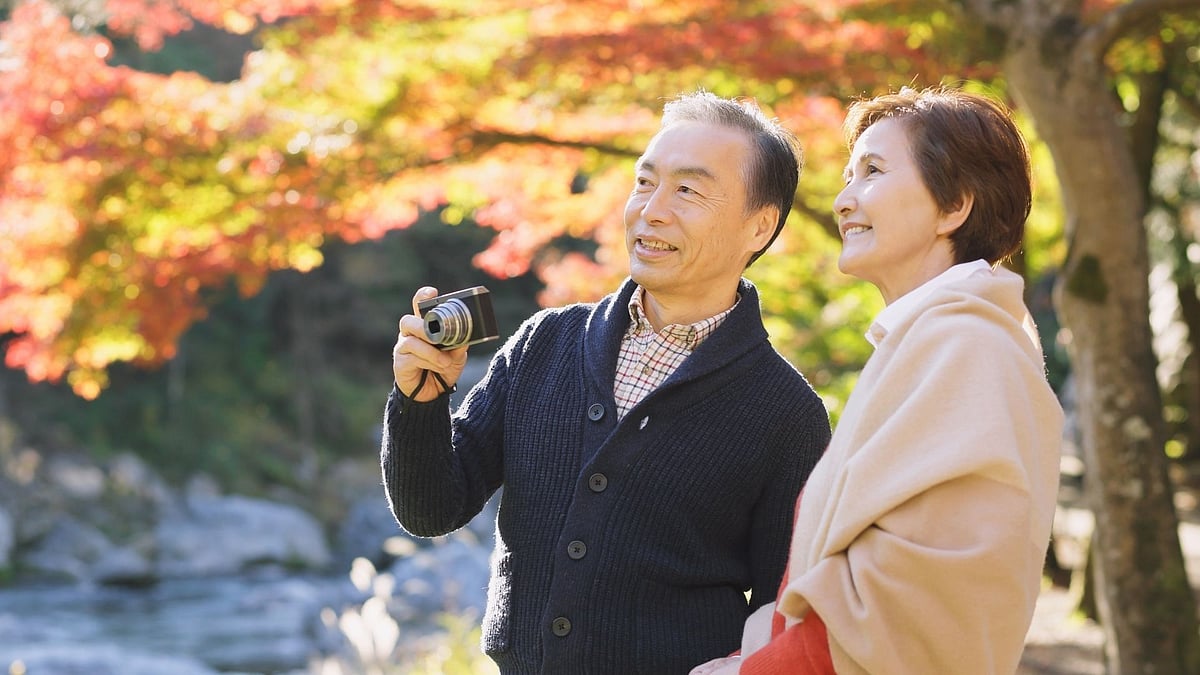
Physical Dimension
Elders who engage in joyful physical activities, such as walking in a park, practicing yoga, or playing with grandchildren, derive significant health benefits. These activities release endorphins, improve cardiovascular health, and maintain mobility. Importantly, when elders are motivated by joy rather than compulsion, they are more consistent in their participation.
Physical health, therefore, becomes a by-product of engaging in happy activities. For instance, an elder who enjoys dancing not only experiences fun but also keeps their body active, which indirectly prevents the onset of lifestyle diseases.
Social Well-being and Happiness:
Elders who pursue activities that bring happiness often find themselves more socially engaged. Participating in laughter clubs, Satsangs, community services, or hobby groups fosters a sense of belonging. Happiness has a contagious quality: elders who are cheerful spread positivity within families and communities, creating a healthier social environment.
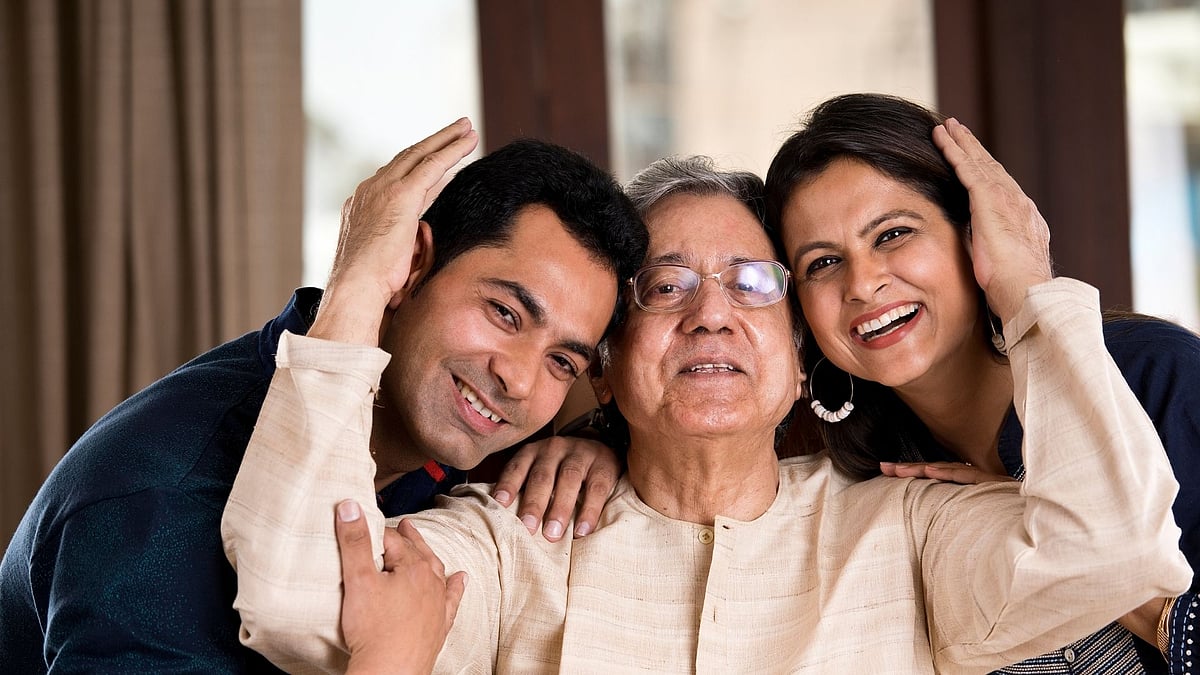
In the Indian joint-family tradition, an elder’s happiness often influences younger generations. A grandparent who spends time happily teaching stories, traditions, or life lessons creates bonding that benefits both generations. Conversely, an unhappy elder can unintentionally create stress for the household.
Activities that Enhance Happiness:
The activities that bring happiness to elders vary widely depending on individual interests, past experiences, and personality. However, certain categories of activities have been observed to be particularly effective in enhancing elder happiness:
Creative Engagements: Arts, crafts, music, dramatics, writing memoirs, or painting allow self-expression and provide joy.
Physical Activities: Yoga, light exercises, walking, or gardening ensure mobility while also keeping the mind fresh.
Spiritual and Cultural Activities: Prayer, meditation, attending temples or cultural gatherings often bring peace and a sense of connection to tradition.
Social Interactions: Meeting relatives, friends, participating in group discussions, or mentoring the younger generation brings fulfilment.
Learning and Curiosity: Elders who engage in reading, exploring technology, or taking online courses remain intellectually stimulated and content.
Service-oriented Activities: Many elders find happiness in volunteering, teaching, or helping the needy, as it connects them to a larger purpose.
The central criterion is that these activities should arise from inner interest, not external compulsion.

Challenges to Prioritizing Happiness
Despite its importance, several barriers prevent elders from engaging exclusively in happiness-oriented activities:
Family Expectations: In many households, elders are expected to play the role of caretakers for grandchildren or manage domestic responsibilities, sometimes against their will.
Social Pressures: Elders may feel obliged to attend ceremonies, rituals, or obligations even if they do not enjoy them.
Health Constraints: Physical limitations may restrict elders from pursuing activities they love.
Financial Limitations: Some elders may not have financial independence, restricting their choices.
Addressing these challenges requires collective sensitivity from families, institutions, and society.
Role of Family and Society
For elders to focus on happiness-driven activities, families must play a supportive role. Children and grandchildren should respect the elder’s autonomy and encourage their pursuit of joy. Instead of imposing responsibilities, families should facilitate opportunities, such as arranging hobby classes, providing digital access, or accompanying elders in outings.
At the societal level, senior citizen clubs, cultural centres, and government welfare schemes should be designed to promote elder happiness. Policies must go beyond healthcare and pensions, integrating cultural, recreational, and psychological support systems.
Broader Implications of Elder Happiness
When elders are engaged in happy activities, the ripple effects are profound:
Healthier Communities: Happy elders are less burdened by illness, thereby reducing healthcare costs.
Stronger Families: A joyful elder nurtures harmony and stability within the household.
Cultural Continuity: Elders engaged in storytelling, rituals, and traditions ensure intergenerational knowledge transfer in a joyful manner.
Enhanced Longevity and Productivity: Happiness-oriented engagement improves not only the length but also the quality of life, enabling elders to remain contributors rather than dependents.
Indian Context: Tradition and Modernity
In India, the reverence for elders has historically been tied to their wisdom and guidance. However, rapid urbanization, nuclear families, and changing social dynamics have altered the elder’s role. Elders may sometimes feel neglected or redundant. In this context, the philosophy of engaging in happiness-cantered activities restores dignity and relevance to elderhood.
Initiatives like senior citizen groups, and other groups for elders are increasingly getting popular, reflecting a shift toward enabling elders’ happiness. Moreover, drawing from Indian spiritual traditions, such as Ananda (bliss) and Santosha (contentment), the idea of prioritizing joy resonates deeply with cultural values.
Moving Ahead
Elders, having fulfilled a lifetime of duties and responsibilities, deserve the freedom to engage in activities that keep them happy. Happiness in elderhood is not just about personal pleasure; it carries psychological, physical, and social benefits that ripple outward into families and communities. While challenges exist, ranging from family expectations to health limitations, the combined support of family, society, and policy frameworks can empower elders to prioritize joy. Ultimately, elderhood should not be viewed as a stage of decline but as a phase of fulfilment and self-realization. Engaging in happiness-oriented activities is both a right and a responsibility, for when elders are happy, the entire social fabric becomes stronger, more harmonious, and more compassionate.
This article is written by Dr A K Sen Gupta, Chief Trustee, My Retired Life Foundation (MRLF).

